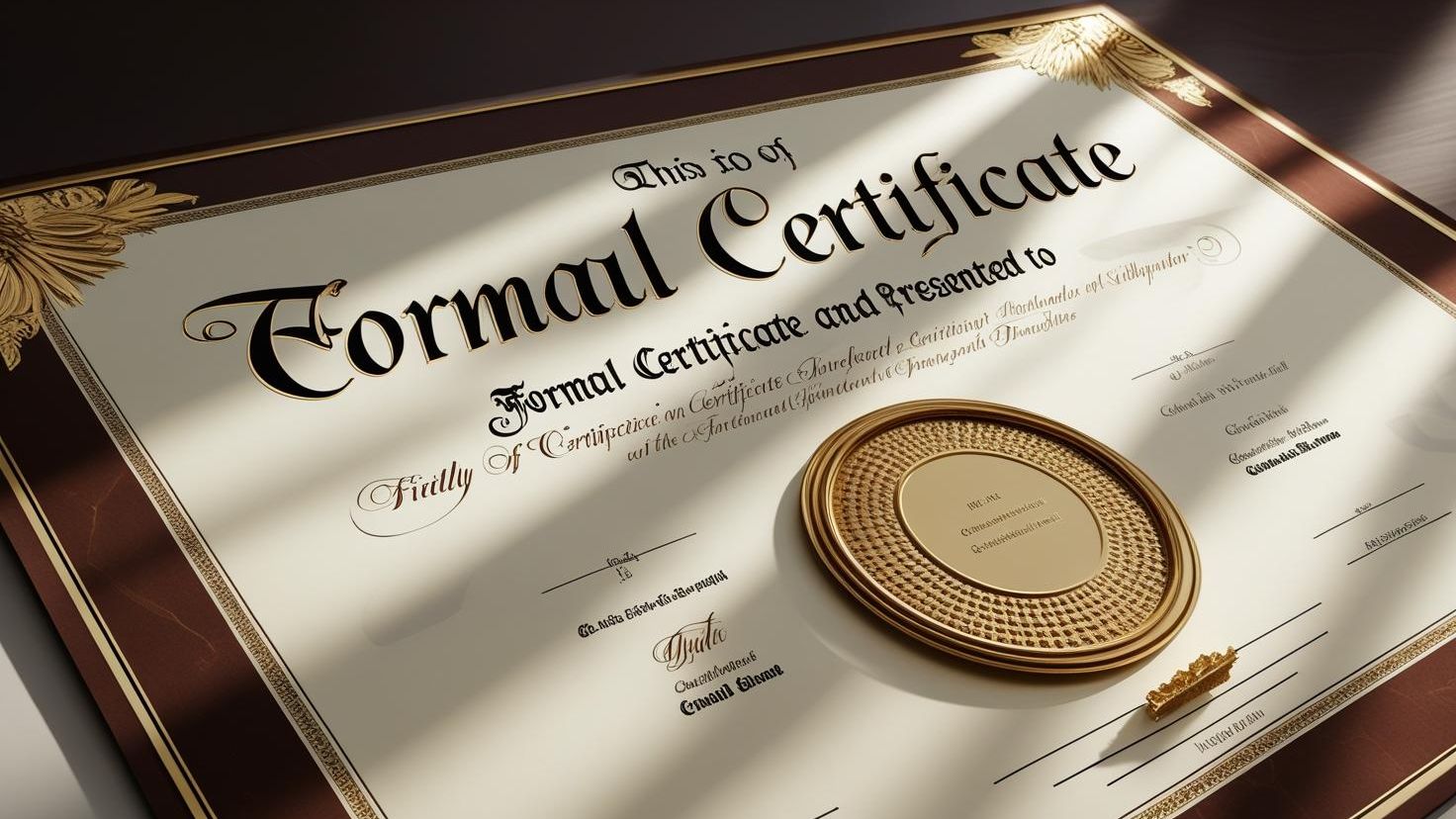Should I get an environmental or sustainability related certification to strengthen my job search?
Aug 19, 2025
Written By Evelyn "Evie" Quehl:
https://www.linkedin.com/in/evelyn-quehl-b27311232/
In this article we’re going to unpack a few questions in one - What is a certificate? Is a certificate different from a certification? What does it mean to be a member or part of an association? Are all of these necessary for you to succeed?
It is no secret that it’s difficult to break into the workforce having limited experience. While internships can provide useful lessons, some companies may be looking for something more and we know from experience - they are looking for how you stand out. You’re looking for an entry-level job, but entry-level does not equate to no experience needed. So, if companies are reluctant to hire you, how can you get considered while gaining experience?
One way to gain experience and stand out among other applicants is to obtain a certificate, a certification, or to become a member of an association.
Yes. A certificate is usually course-based. You take a class, workshop, or program, and at the end you receive a certificate showing you completed it. The goal is skill-building or continuing education.
A certification, on the other hand, is a professional credential. It typically requires meeting certain qualifications, passing an exam, and maintaining the credential over time (through continuing education or renewals). A certification validates your expertise in a specific area and signals that you meet an industry standard.
In the environmental and sustainability field, there are plenty of options. Certificates can help you pick up new skills or strengthen your resume. Certifications, like ISSP-CSP, LEED AP, Professional Wetland Scientist, or PMP (Project Management Professional), are more formal credentials that can carry weight with employers and clients.
The right choice depends on your goals. If you want to deepen your knowledge or test the waters in a new area, a certificate might be enough. If you want to establish yourself as a recognized professional in your field, a certification is the stronger move.
We’ve gathered resources for entry-level certifications to help you explore what fits your career path.
An alternative to certifications is a membership to an industry association (also referred to as guides, organizations, societies, etc.). A membership typically involves paying dues to be in a group of professionals in your area of interest in exchange for access to a network of people and other benefits like job boards and educational material. The trade association is usually centered around a set of professional standards or subject matter. In some cases they can require members to have a certification to maintain focus and standards, the American Institute of Certified Planners (AICP) is an example of this. However, in a lot of cases anyone can join and there are usually tiers for joining including student and non-professional members. The National Association of Environmental Professionals and Associations of Wetland Scientists are examples of two such groups that do not require certification to join.
It is important to note that certifications and memberships are not typically required to land a job. A solid resume, cover letter, and networking strategy can be effective on their own. However, should you find yourself wanting to stand out above the competition, a certification that aligns with your interests is a great option. If you can’t afford one or are still unsure which to choose, there are other ways to stand out in your search.
In summary, as with many areas of your job search, the decision to get a certification is personal and unique to your situation. Do your homework and should you find it could benefit you in your career path, fits your budget, and piques your interest, go for it! If you decide against getting one for now, that is okay, it is important to know that those resources are there for you to expand your learning, if not now, they may become important at another stage of your career.


